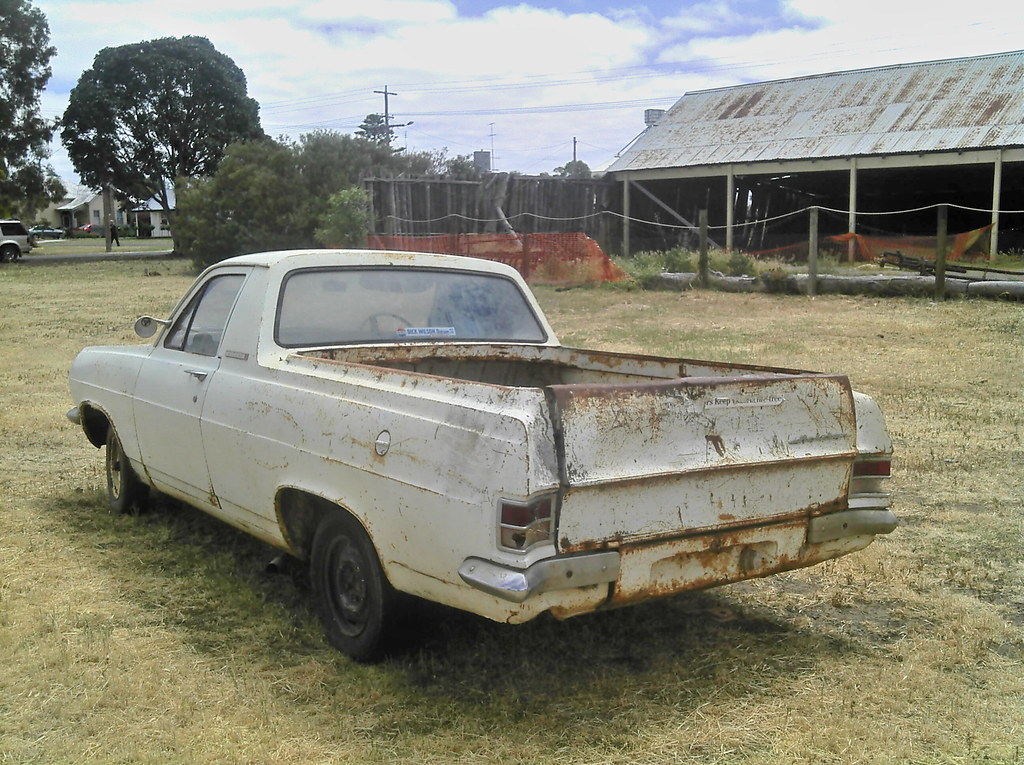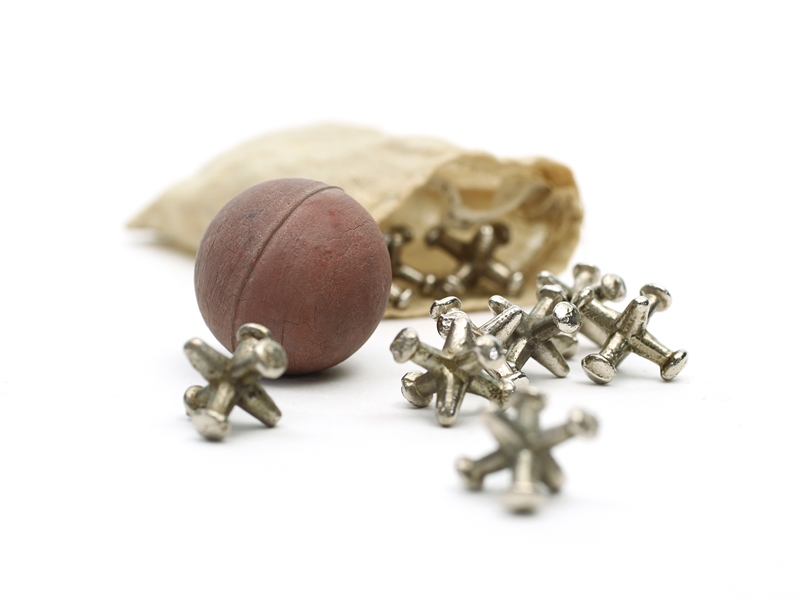Ever since we moved, it has been hard to get in the Christmas spirit. Because of the difference of seasons and weather from the Northern hemisphere, Australians celebrate Christmas in a much different way from Americans.
As an example, these are the Australian lyrics for 'Jingle Bells'. There are notes below to explain some of the different lines. The lyrics also include some Australian words and terms.
As an example, these are the Australian lyrics for 'Jingle Bells'. There are notes below to explain some of the different lines. The lyrics also include some Australian words and terms.
Dashing through the bush
In a rusty Holden Ute
Kicking up the dust
Esky in the boot
Kelpie by my side
Singing Christmas songs
It's Summer time and I am in
My singlet, shorts and thongs
In a rusty Holden Ute
Kicking up the dust
Esky in the boot
Kelpie by my side
Singing Christmas songs
It's Summer time and I am in
My singlet, shorts and thongs
(chorus:)
Oh! Jingle Bells, Jingle Bells
Jingle all the way
Christmas in Australia
On a scorching summer's day
Jingle Bells, Jingle Bells
Christmas time is beaut
Oh what fun it is to ride
In a rusty Holden Ute.
Jingle all the way
Christmas in Australia
On a scorching summer's day
Jingle Bells, Jingle Bells
Christmas time is beaut
Oh what fun it is to ride
In a rusty Holden Ute.
Engine's getting hot
We dodge the kangaroos
The swaggie climbs aboard
He is welcome too
All the family's there
Sitting by the pool
Christmas day, the Aussie way
By the barbecue!
(chorus)
We dodge the kangaroos
The swaggie climbs aboard
He is welcome too
All the family's there
Sitting by the pool
Christmas day, the Aussie way
By the barbecue!
(chorus)
Come the afternoon
Grandpa has a doze
The kids and uncle Bruce
Are swimming in their clothes
The time comes round to go
We take the family snap
Pack the car and all shoot through
Before the washing up
(chorus)
Verse 1
Line 1: Bush is Australian for forest or another type of wilderness.
Line 2: Holden is a popular Australian car company. A Ute is a Two Wheel Drive car with a cargo tray.
Line 4: An esky is a portable cooler. A boot is the trunk of a car.
Line 5: A Kelpie is a type of medium-sized dog bred in Australia for herding sheep.
Line 7: In Australia there are two seasons: Summer(More like the Wet season in tropical regions) is from October to March. Winter(the Dry season) is from April to September.
Chorus
Line 4: The Australian summer is literally scorching. In July, the ultraviolet index reaches 13 in Brisbane, but only 10 in eastern American cities like New York and Washington D.C. This is due to the thin ozone layer around the south pole.
Verse 2
Line 3: Swaggie is short for swagman.
Line 6: Many Australian residents have pools, because of the intense summer heat.
Line 7: Australians tend not to use words that are more than two syllables long or too difficult to pronounce. This leads to shortening words like university(uni), Australian(Aussie) and breakfast(brekkie).
Line 8: The 'Aussie' way to celebrate Christmas is to cook meat(sometimes kangaroo meat) on a barbecue.
Grandpa has a doze
The kids and uncle Bruce
Are swimming in their clothes
The time comes round to go
We take the family snap
Pack the car and all shoot through
Before the washing up
(chorus)
 |
| Rusty Holden ute |
Verse 1
Line 1: Bush is Australian for forest or another type of wilderness.
Line 2: Holden is a popular Australian car company. A Ute is a Two Wheel Drive car with a cargo tray.
Line 4: An esky is a portable cooler. A boot is the trunk of a car.
Line 5: A Kelpie is a type of medium-sized dog bred in Australia for herding sheep.
Line 7: In Australia there are two seasons: Summer(More like the Wet season in tropical regions) is from October to March. Winter(the Dry season) is from April to September.
Chorus
Line 4: The Australian summer is literally scorching. In July, the ultraviolet index reaches 13 in Brisbane, but only 10 in eastern American cities like New York and Washington D.C. This is due to the thin ozone layer around the south pole.
Verse 2
Line 3: Swaggie is short for swagman.
Line 6: Many Australian residents have pools, because of the intense summer heat.
Line 7: Australians tend not to use words that are more than two syllables long or too difficult to pronounce. This leads to shortening words like university(uni), Australian(Aussie) and breakfast(brekkie).
Line 8: The 'Aussie' way to celebrate Christmas is to cook meat(sometimes kangaroo meat) on a barbecue.





